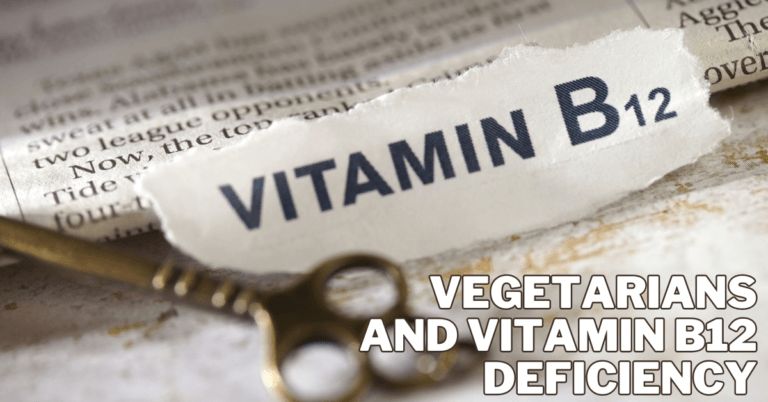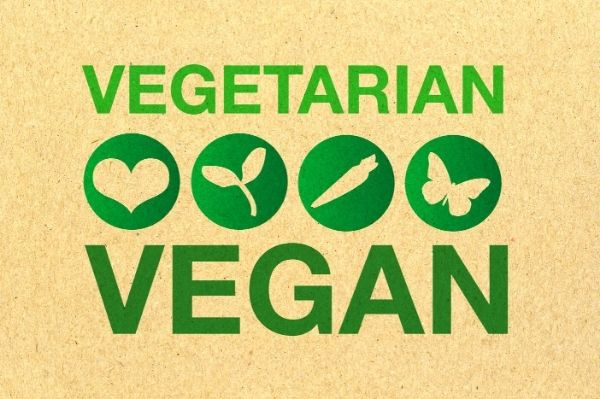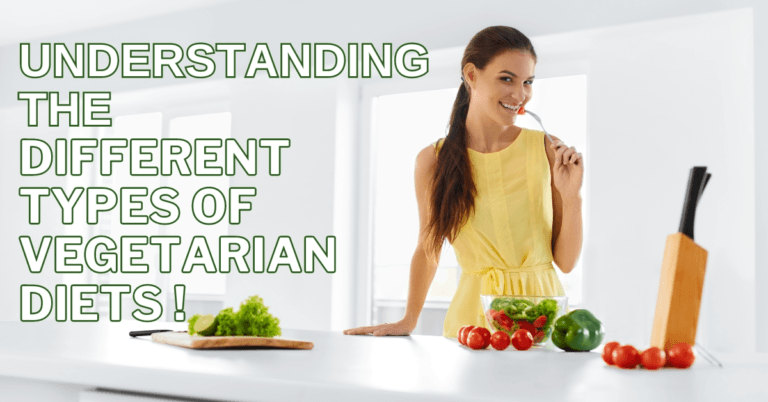What Is A Semi-Vegetarian Diet
What Is A Semi-Vegetarian Diet
In the evolving landscape of dietary preferences, the semi-vegetarian diet is a versatile and inclusive approach, offering a middle ground for those seeking flexibility in their culinary choices.
Balancing the richness of plant-based foods with the occasional inclusion of meat, the semi-vegetarian diet is a nuanced journey towards health-conscious and sustainable eating.
This dietary philosophy embraces diverse lifestyles, accommodating individuals with varying preferences, cultural influences, and ethical considerations.
This article explores the semi-vegetarian diet, unravelling its principles, potential benefits, and how individuals can integrate it into their lives.
From the motivations driving this culinary path to practical tips for navigating the complexities of a semi-vegetarian lifestyle, we delve into the details that make this approach a dynamic and adaptable choice in nutrition.
Join us on a journey where the colours of plant-based vibrancy seamlessly blend with the occasional notes of animal-sourced nourishment. This journey mirrors the diverse and evolving nature of our culinary choices.
What Is A Semi-Vegetarian?
A semi-vegetarian, often referred to as a flexitarian, is an individual who follows a dietary approach that falls somewhere between a traditional omnivorous diet and a fully vegetarian one.
This flexible eating style emphasizes plant-based foods while allowing for occasional meat or other animal product consumption.
Unlike strict vegetarians, semi-vegetarians do not eliminate certain food groups but instead focus on a predominantly plant-centric diet.
Semi-vegetarianism acknowledges the spectrum of dietary choices and allows individuals to tailor their eating habits to personal preferences, cultural influences, and health considerations.
Some semi-vegetarians may reduce meat intake for ethical or environmental reasons, while others adopt this approach as a gradual step toward a more plant-based lifestyle.
The beauty of semi-vegetarianism lies in its adaptability, allowing individuals to strike a balance that suits their unique needs.
This approach encourages a greater emphasis on fruits, vegetables, grains, and legumes and fosters mindfulness about the sources and impact of the animal products consumed.
Ultimately, being semi-vegetarian represents a conscious and personalized effort to find harmony between one's dietary choices, health goals, and broader environmental considerations.
What To Know About Becoming Semi-Vegetarian
Transitioning to a semi-vegetarian diet entails adopting a diet that balances consuming primarily plant-based foods and occasionally animal products.
The shift can be made gradually, with an initial emphasis on increasing the amount of plant-based foods in daily meals and progressively lowering the quantity and frequency of meat.
Various fruits, vegetables, whole grains, legumes, nuts, and seeds are the foundation of this lifestyle, as they supply vital nutrients and enhance general health and well-being.
Mindful meat consumption is key in a semi-vegetarian diet. Opting for lean and sustainably sourced meat varieties while treating meat as a complement rather than the main dish promotes conscientious choices.
Investigate plant-based protein sources like tofu, beans, lentils, and quinoa to maintain a nutritional balance while navigating this culinary terrain.
Motivations for adopting a semi-vegetarian lifestyle can vary, including ethical considerations about animal welfare or a desire to reduce environmental impact.
The flexibility inherent in this approach allows individuals to align their choices with personal values without completely excluding meat.
Culinary exploration becomes a delightful aspect of becoming semi-vegetarian as individuals discover new recipes, ingredients, and cooking techniques.
Connecting with a supportive community can offer inspiration, share insights, and navigate challenges together.
Furthermore, recognizing that the semi-vegetarian diet has been associated with health benefits like weight management and improved heart health adds an extra layer of motivation.
Consulting with a healthcare professional or dietitian ensures that nutritional needs are met, making transitioning to a semi-vegetarian lifestyle a holistic and personally tailored journey toward a healthier, more sustainable way of eating.
Benefits Of A Semi-Vegetarian Diet
A semi-vegetarian diet, which incorporates plant-based foods as well as occasional meat consumption, has several health advantages. Here are a few main benefits:
1. Improved Heart Health
A semi-vegetarian diet abundant in fruits, vegetables, and whole grains is linked to enhanced heart health. This dietary decision lowers cholesterol and saturated fat intake, lowering the risk of heart disease. The emphasis on plant-based foods supports cardiovascular well-being and lowers overall caloric density.
This combination of nutrient-rich plant foods aids in maintaining healthy cholesterol levels, blood pressure, and weight, key factors in preventing heart-related issues and promoting a resilient cardiovascular system.
2. Weight Management
A semi-vegetarian diet enriched with nutrient-dense and low-calorie plant foods becomes a strategic ally in weight management.
With fewer calories, the abundance of fruits, vegetables, and whole grains provides a satisfying feeling of fullness. This combination supports weight loss and maintenance by promoting a balanced and satiating diet.
The nutrient density of plant-based choices contributes to overall well-being. It aligns with a calorie-conscious approach, making the semi-vegetarian diet an effective tool for achieving or sustaining a healthy weight.
3. Blood Sugar Control
A semi-vegetarian diet centred around plant-based choices plays a role in effective blood sugar control. Linked to improved insulin sensitivity, this dietary approach incorporates whole grains, legumes, and vegetables—elements known for their positive impact on managing blood sugar levels.
Particularly advantageous for individuals with or at risk of type 2 diabetes, the semi-vegetarian diet provides a foundation of nutrient-rich foods that contribute to better glycemic control, supporting overall metabolic health and reducing the risk of complications associated with unstable blood sugar.
4. Reduced Cancer Risk
A semi-vegetarian diet, prioritizing plant foods, may lower the risk of certain cancers, as indicated by studies. Fruits and vegetables promote overall cellular health because they are high in fiber and antioxidants.
Free radicals are opposed by antioxidants, which lessen cellular damage and may even lower cancer risk. Furthermore, the fiber content promotes a healthy digestive system and may help reduce the risk of colorectal cancer.
By embracing a semi-vegetarian lifestyle, individuals can harness the protective properties of plant-based foods, creating a foundation for cellular well-being and reducing the potential risk of cancer.
5. Digestive Health
A semi-vegetarian diet enriched with the fiber content of plant-based foods becomes a cornerstone for digestive health.
Fruits, vegetables, and whole grains, emphasized in this dietary approach, contribute to regular bowel movements and foster a robust gut microbiome.
The soluble and insoluble fibres in these foods aid in maintaining optimal digestive function, supporting nutrient absorption, and promoting a balanced microbial environment in the gut.
By prioritizing plant-based choices, individuals following a semi-vegetarian diet cultivate an environment conducive to digestive well-being and overall gastrointestinal health.
6. Flexible And Sustainable
A semi-vegetarian diet is characterized by adaptability, catering to personal preferences and cultural influences.
This flexibility enables individuals to reap the health benefits of a plant-based lifestyle while incorporating occasional meat consumption.
This inclusive approach fosters sustainability, making it a realistic and viable long-term dietary choice.
By accommodating diverse culinary traditions and individual tastes, the semi-vegetarian diet promotes a healthy relationship with food, facilitating adherence and making it an accessible and enduring option for those seeking a balanced and flexible approach to nutrition.
7. Improved Longevity
Choosing a semi-vegetarian diet aligns with potential longevity benefits, as studies on plant-based eating indicate.
This dietary approach, rich in plant foods and with a minimized reliance on processed meats, may contribute to an extended and healthier life.
Plant-based diets are linked to reduced risks of chronic diseases, such as cardiovascular issues and certain cancers, fostering overall well-being.
By prioritizing a semi-vegetarian lifestyle, individuals enhance their longevity prospects and cultivate a foundation for sustained health, emphasizing the profound impact of plant-centric choices on the journey toward a longer and more vibrant life.
8. Nutrient Diversity
A semi-vegetarian diet thrives on nutrient diversity, incorporating a spectrum of plant foods rich in essential vitamins, minerals, and antioxidants.
Fruits, vegetables, whole grains, and legumes contribute to a well-rounded nutritional profile, promoting overall health and well-being.
The diverse nutrients support various bodily functions, from immune system strength to cellular health.
By embracing this nutritional variety, individuals following a semi-vegetarian lifestyle enhance their chances of meeting their dietary requirements, fostering optimal health, and reaping the benefits of a holistic and nutrient-rich approach to eating.
Individual reactions to dietary modifications differ, so it's crucial to remember that speaking with a medical expert or registered dietitian can offer tailored advice for maximizing the advantages of a semi-vegetarian diet.

Introducing The Semi-Vegetarian Foods
The semi-vegetarian diet offers a delightful fusion of plant-based vibrancy and occasional meaty indulgence, embracing the best of both culinary worlds.
This adaptable way of eating embodies the concept of balance, enabling people to enjoy the rich variety of fruits, vegetables, grains, and legumes and the occasional addition of lean meats, fish, and dairy products. Here's a list to inspire your semi-vegetarian culinary journey:
Plant-Based Foods
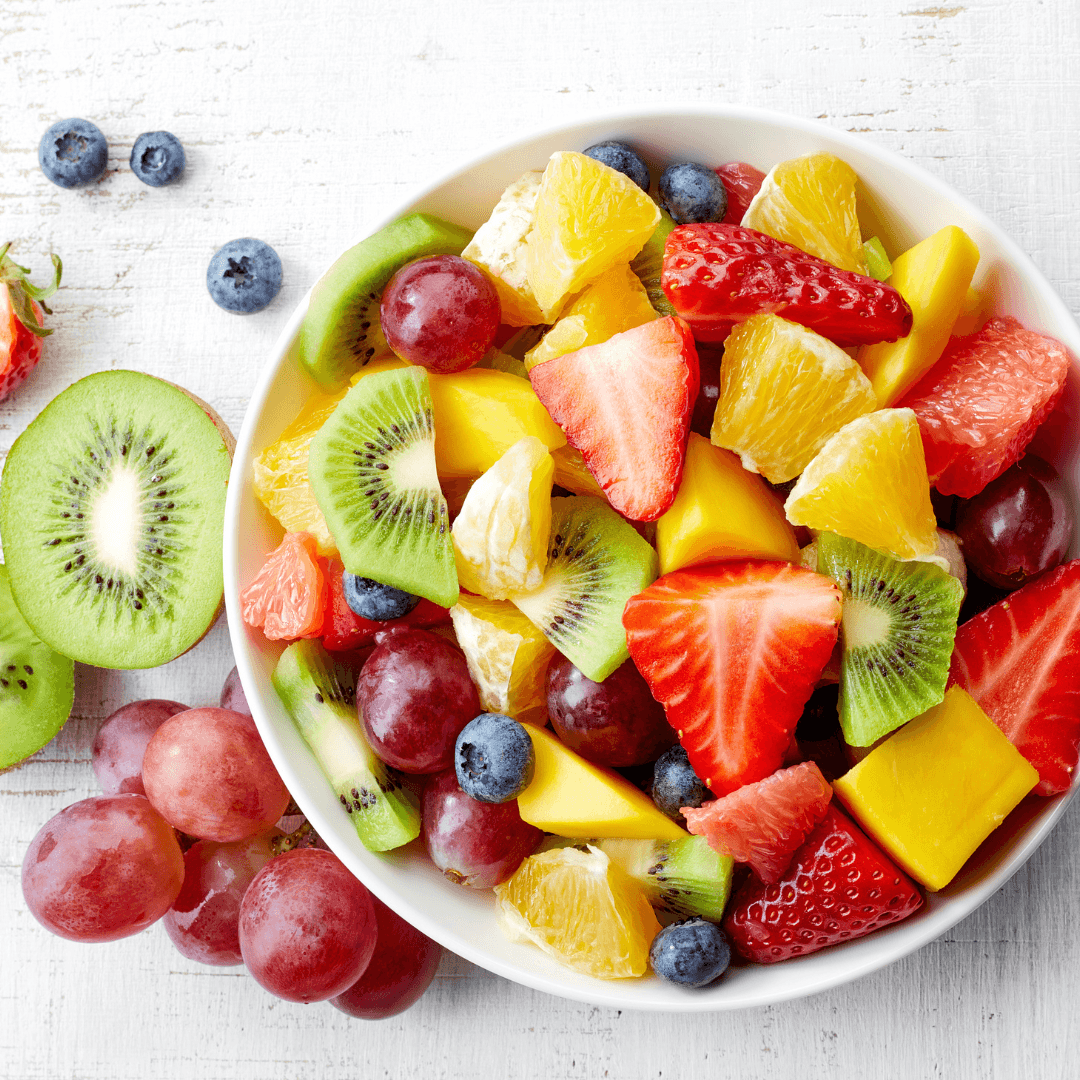
1. Fruits (Apples, Bananas, Berries, etc.)
Rich in vitamins, minerals, and antioxidants, fruits provide a natural sweetness and many health benefits.
They contribute to overall well-being, supporting immune function and providing dietary fiber for digestive health.
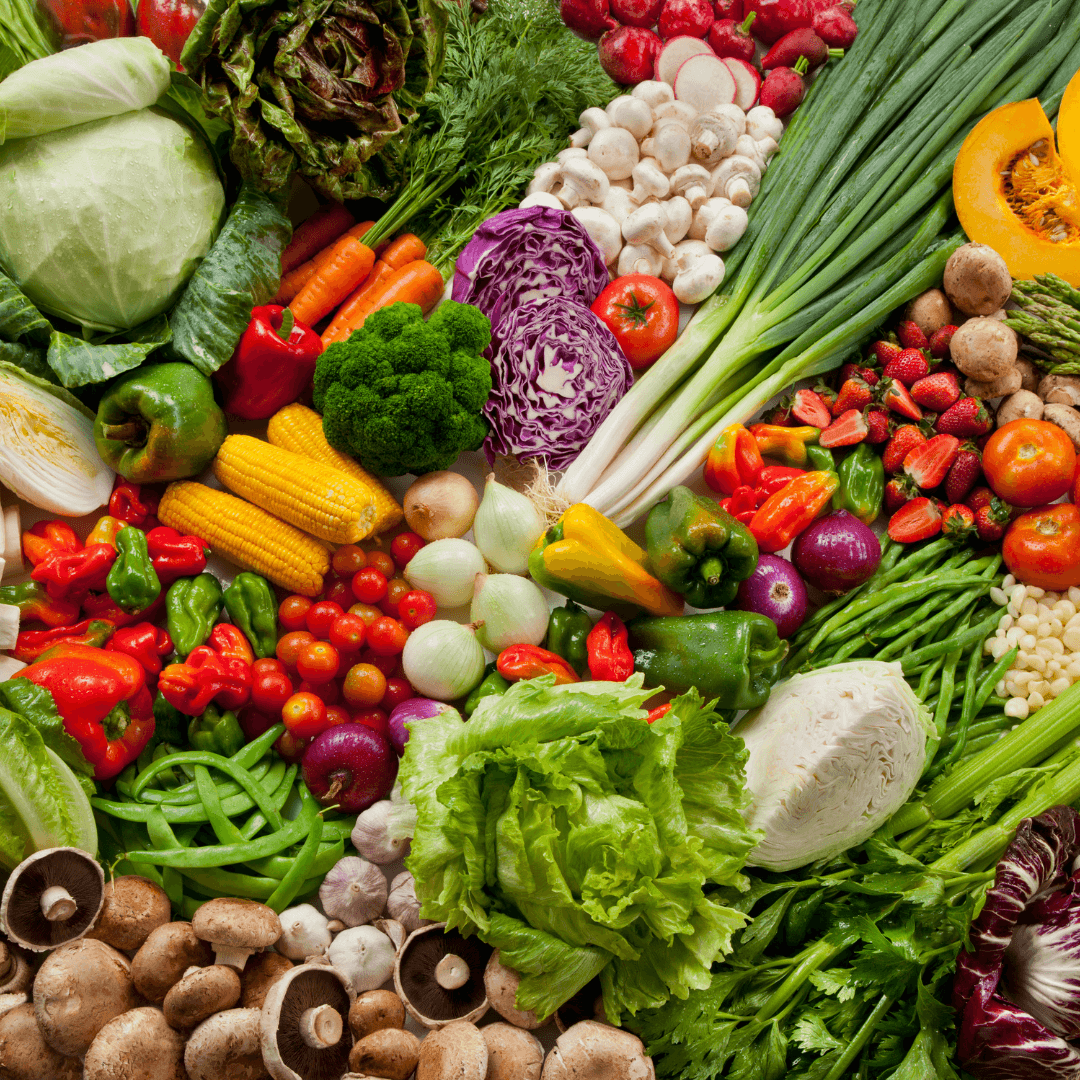
2. Vegetables (Spinach, Broccoli, Bell Peppers, etc.)
Boasting an abundance of vitamins, minerals, and phytonutrients, vegetables are nutritional powerhouses.
Spinach is rich in iron, broccoli offers vitamin C, and bell peppers provide antioxidants. The diverse array ensures a broad spectrum of nutrients.
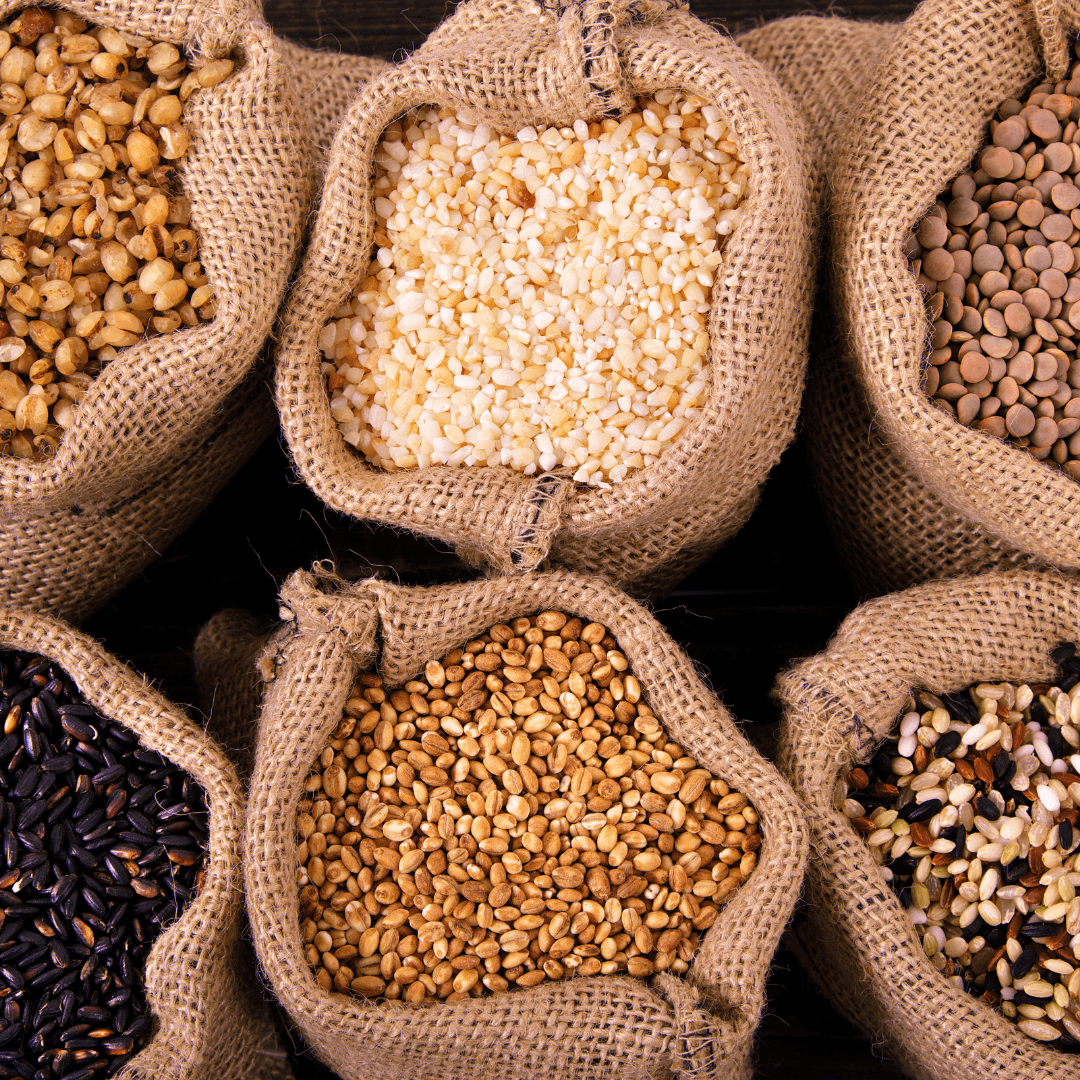
3. Whole Grains (Quinoa, Brown Rice, Farro, etc.)
Whole grains offer complex carbohydrates, fiber, and essential nutrients. Quinoa is a complete protein source, brown rice is fibre-rich, and farro provides a hearty texture, vitamins, and minerals.
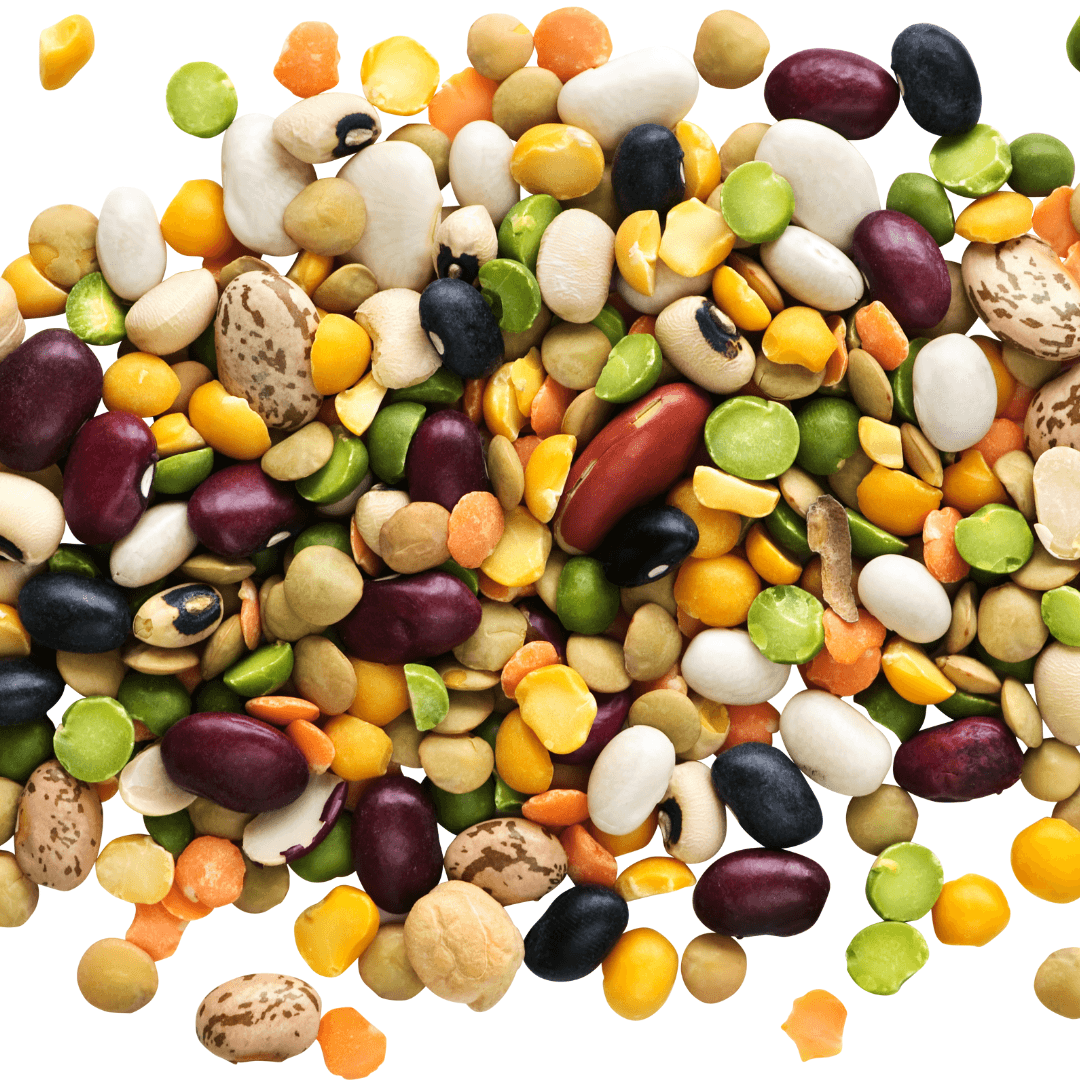
4. Legumes (Lentils, Chickpeas, Black Beans, etc.)
Legumes are excellent plant-based protein sources, offering fiber, vitamins, and minerals. Lentils provide iron, chickpeas offer a good dose of protein and fiber, and black beans contribute to heart health.
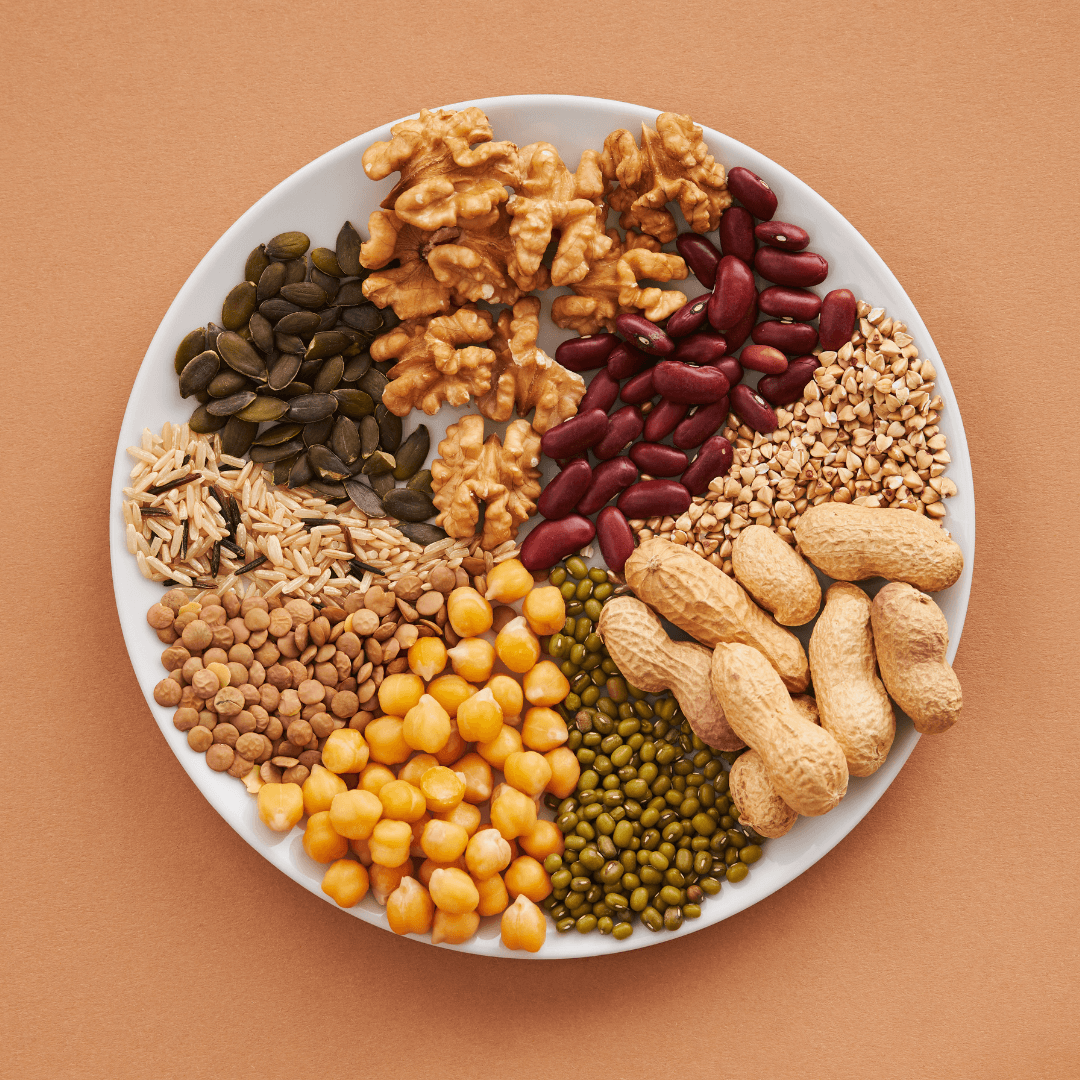
5. Nuts And Seeds (Almonds, Chia Seeds, Sunflower Seeds, etc.)
Nuts and seeds are nutrient-dense, providing healthy fats, protein, and essential vitamins. Almonds are rich in vitamin E, chia seeds offer omega-3 fatty acids, and sunflower seeds provide a good source of vitamin B6.

6. Tofu And Tempeh
Tofu and tempeh are versatile plant-based protein sources. Soybeans make tofu, which is high in calcium, iron, and protein. Tempeh, a fermented soy product, is renowned for its probiotic properties and nutty flavour.
Incorporating these plant-based foods into your diet adds diverse flavours and textures to your meals and ensures a well-rounded intake of essential nutrients for optimal health and vitality.
Occasional Meat And Animal Products
Certainly! Let's explore the details and nutritional benefits of the occasional meat and animal products commonly included in a semi-vegetarian diet:
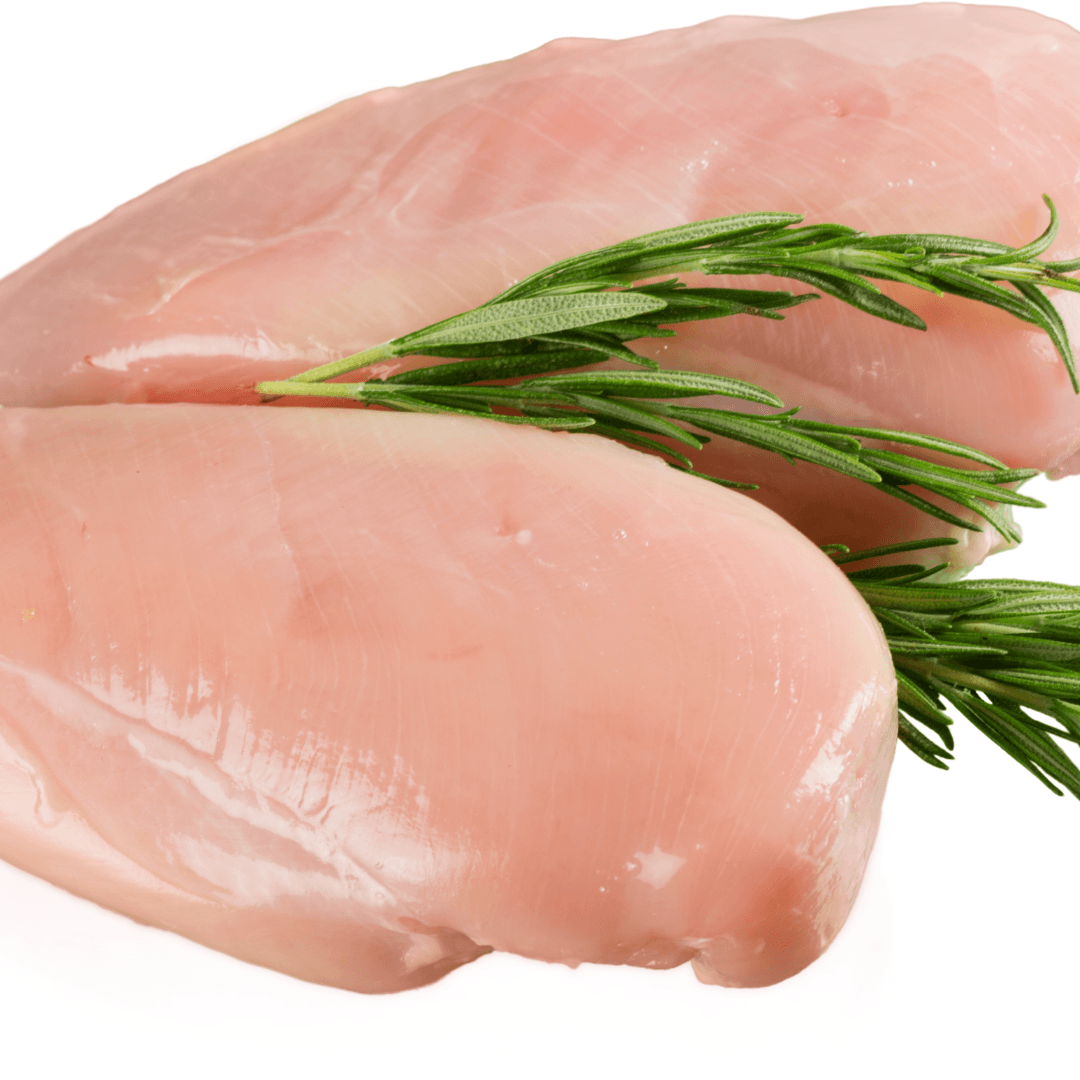
1. Lean Poultry (Chicken, Turkey, etc.)
High-quality protein, necessary amino acids, and a variety of vitamins and minerals can all be found in lean poultry.
Skinless, white-meat poultry options, such as chicken or turkey breast, are low in saturated fat and provide a lean protein for muscle maintenance and repair.

2. Fish And Seafood (Salmon, Shrimp, etc.)
Omega-3 fatty acids are essential for heart and brain health and are abundant in fish, especially fatty fish like salmon.
Shrimp and other seafood are a good source of lean protein, vitamins, and minerals. Including fish and seafood helps keep your heart healthy and balanced.

3. Lean Cuts Of Red Meat (Lean Beef, Pork, etc.)
Lean cuts of red meat, such as sirloin or tenderloin, offer a good source of protein, iron, and zinc. Selecting lean options supplies vital nutrients for general health and well-being while lowering saturated fat consumption.

4. Eggs
Eggs are a complete protein because they have every necessary amino acid. They also contain high levels of choline, vitamin D, and vitamin B12.
Due to their versatility and many preparation options, eggs can be a convenient and nutritious addition to a semi-vegetarian diet.

5. Dairy Products (Greek Yogurt, Cheese, etc.)
Dairy products are excellent calcium, vitamin D, and protein sources. Greek yogurt, particularly, is high in protein and probiotics, supporting digestive health.
Cheese provides calcium and adds flavour to dishes. Opting for low-fat or reduced-fat dairy options helps manage saturated fat intake.
Various vital nutrients, such as premium protein, omega-3 fatty acids, vitamins, and minerals, are ensured by including these infrequent animal products in a semi-vegetarian diet.
It preserves the plant-based emphasis of the overall dietary approach while enabling people to benefit from the nutritional advantages of animal products.
Whole Foods Snacks
Certainly! Let's explore the details and nutritional benefits of these whole foods snacks commonly enjoyed in a semi-vegetarian diet:
1. Hummus With Vegetables
Hummus, made from chickpeas, provides a protein-packed base. It becomes a satisfying and nutritious snack with fresh vegetables like carrots, cucumber, and bell peppers. The veggies add vitamins and fiber, while hummus contributes protein and healthy fats.
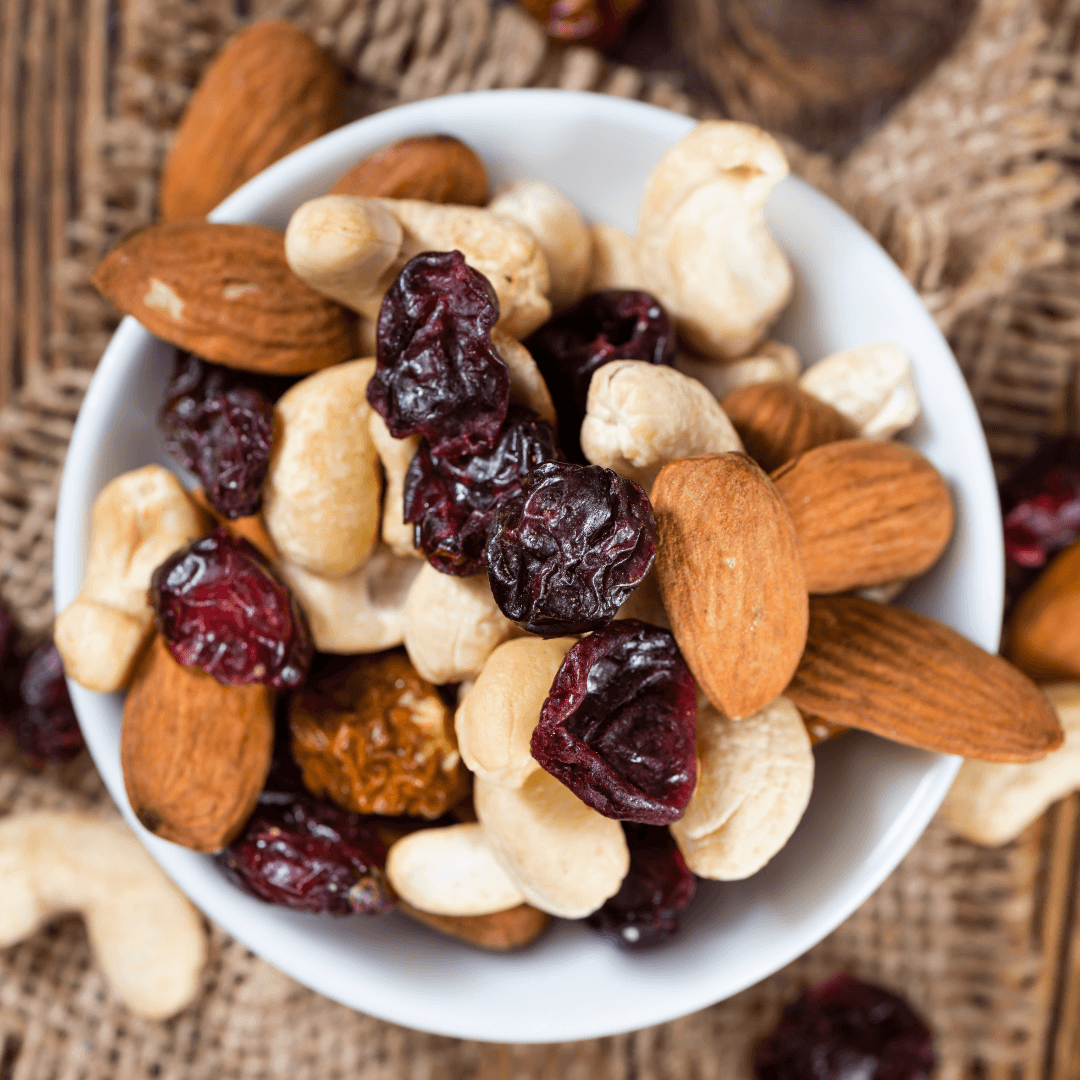
2. Trail Mix (Nuts, Seeds, Dried Fruits)
Trail mix is a versatile, energy-boosting snack. Nuts—like walnuts or almonds—offer protein and healthy fats.
Seeds—like sunflower or pumpkin seeds—offer extra nutrients. Dried fruits—like dates or pomegranates—offer vitamins and natural sweetness.
This combination results in a macro- and micronutrient combination that is balanced.
3. Greek Yogurt With Fruit
Greek yogurt is a protein-rich dairy option with probiotics that benefit gut health. Paired with fresh fruits like berries or slices of banana, it creates a delicious and nutrient-packed snack. Fruits contain vitamins and antioxidants.

4. Popcorn
Popcorn is a whole-grain snack that is low in calories and fiber. It's a satisfying option that provides a crunchy texture. Air-popped popcorn, seasoned with herbs or nutritional yeast, can be a tasty and guilt-free snack.

5. Fresh Fruit Slices
Fresh fruit slices, whether apple wedges, orange segments, or watermelon cubes, are refreshing and rich in vitamins, minerals, and fibre.
The natural sugars in fruits offer a sweet and nutritious alternative to processed snacks, satisfying sweet cravings while providing essential nutrients.
These whole foods snacks offer a delightful variety of flavours and textures and supply essential nutrients, making them a wholesome and satisfying choice for individuals following a semi-vegetarian diet.

Seafood Delights
1. Baked Cod With Lemon And Herbs
Baked cod is a tasty and light dish that brings out the subtle flavour of the fish. This dish, seasoned with tart lemon and fragrant herbs like dill or parsley, brings out the flavours of the cod.
Cod is a heart-healthy food high in lean protein and important nutrients like omega-3 fatty acids and vitamin B12.
2. Tuna Salad With Avocado
Tuna salad with avocado combines the richness of tuna with the creamy texture of avocado. Tuna boosts protein, while avocado contributes healthy fats, vitamins, and minerals.
This dish is satisfying and nutrient-dense, offering a mix of protein, omega-3s, and heart-healthy monounsaturated fats.
3. Shrimp And Vegetable Stir-Fry
Shrimp and vegetable stir-fry is a quick and nutritious option that blends succulent shrimp with various colourful vegetables.
Shrimp is a low-calorie protein source, and when paired with vibrant vegetables like bell peppers, broccoli, and snap peas, it creates a dish rich in vitamins and antioxidants. Stir-frying preserves the freshness and crunch of the vegetables.
4. Salmon And Asparagus Foil Packets
Salmon and asparagus foil packets are a convenient and flavorful way to prepare this omega-3-rich fish.
Seasoned with herbs, lemon, and a touch of olive oil, the salmon retains its moisture and imparts a delicious, herb-infused taste. Asparagus complements the dish, offering additional nutrients and a crisp texture.
Incorporating these seafood delights into a semi-vegetarian diet provides a spectrum of flavours, textures, and nutritional benefits.
Seafood not only adds variety to meals but also contributes essential nutrients, making it a versatile and health-conscious choice for individuals seeking the best of both plant-based and occasional animal-based culinary experiences.
Conclusion
In the tapestry of dietary choices, the semi-vegetarian diet emerges as a harmonious symphony, weaving together the vibrant hues of plant-based nutrition with the occasional notes of animal products.
This flexible and inclusive approach caters to personal preferences and reflects a mindful stance towards health, ethics, and environmental sustainability.
The semi-vegetarian diet, emphasizing fruits, vegetables, whole grains, legumes, and nuts, captures the essence of a plant-centric lifestyle.
Simultaneously, it allows for the occasional incorporation of lean meats, fish, and dairy—providing a rich array of nutrients that support overall well-being.
When people adopt a semi-vegetarian diet, they set out on a path where taste, health, and moral awareness come together.
People who get the best of both worlds can benefit from the many health benefits of eating a plant-based diet while also occasionally indulging in animal products.
This personalized and balanced approach to nutrition fits well with the various rhythms of our lives.
I trust you enjoyed reading the article about What Is A Semi-Vegetarian Diet? Please stay tuned. There are more blog posts to come very shortly.
JeannetteZ
>>>Please click here to read my Vegan Travel Guides To World Destinations<<<
>>>Want To Learn How To Create Delicious, Cruelty-Free, Healthy AND 100% Vegan Meals? Try These Awesome Vegan Cooking Courses With A Free 7-DAY MEMBERSHIP<<<
Your Opinion Is Important To Me
Ideas? Thoughts? Questions? I would love to hear from you. Please leave me your questions, experiences, and remarks about What Is A Semi-Vegetarian Diet in the comments section below. You can also reach me by email at Jeannette@LivingTheVeganLifestyle.org.
Disclosure
This post may contain affiliate links. I earn from qualifying purchases as an Amazon Associate and other affiliate programs. Please read my full disclosure.
Here are some links to some of my favourite articles:
A Definite Guide To Vegan Chocolate




